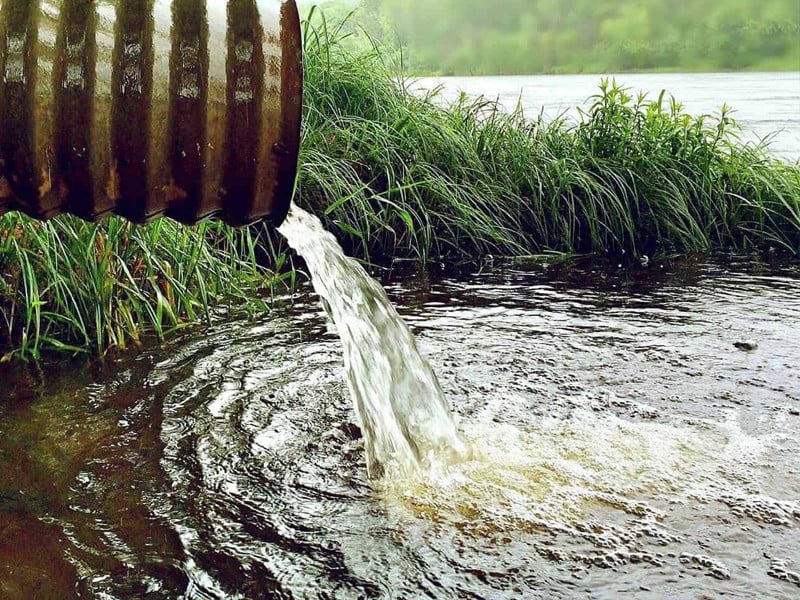
In view of the recent heavy monsoon rains, town planners and architects have proposed a rainwater harvesting mechanism for the government. This initiative aims to create bylaws that will ensure every household not only conserves rainwater but also contributes to recharging groundwater alongside government efforts.
Speaking through the "Green, Livable, and Sustainable Lyallpur Forum," town planners and architects such as Nadeem Khurshid and Shah Nawaz have urged the Punjab government, Faisalabad Development Authority (FDA), and the Metropolitan Corporation to establish formal bylaws for rainwater harvesting. They suggested that a neighborhood of 100 acres with 200 residences could be equipped with a centralized rainwater harvesting system to collect and store water from rooftops and streets. Additionally, individual households should be encouraged to install their own rainwater systems, with incentives like rebates or tax credits.
The group proposed dividing neighbourhoods into smaller clusters of 10-20 residences to install shared rainwater systems.
They also recommended green infrastructure solutions such as permeable pavements, rain gardens, and green roofs to reduce stormwater runoff and increase groundwater recharge. Creating ponds or lakes to store harvested water, which could also serve as aesthetic features and wildlife habitats, was another suggestion.
A distribution network could be established to supply harvested rainwater for non-potable uses, like irrigation and toilet flushing. Treatment and filtration systems would ensure the water is safe for these uses.
Education on the benefits of rainwater harvesting would also be vital, encouraging community involvement and ownership.
For a 100-acre neighbourhood, the planners recommended a centralised storage capacity of 1-2 million gallons, with individual household systems holding 10,000-20,000 gallons, and cluster systems storing 50,000-100,000 gallons.
These solutions would provide environmental, economic, and social benefits.
Muhammad Tayyib, a building inspector at the FDA, said the existing 2021 building bylaws do not address rainwater harvesting.
Similarly, Muhammad Farooq, municipal officer of planning at the Metropolitan Corporation, stated that the 2020 zoning bylaws governing layout plan approvals for projects like marriage halls or commercial centers do not bind households to install rainwater systems. He called for legislation to address this gap.
Farhan Akram Choudhary, deputy director of drainage at WASA, highlighted the potential benefits of harvesting monsoon rainwater in Faisalabad.
The city receives rainfall ranging from 50 mm to 140 mm, with approximately 1,000 cusecs of rainwater being dumped into the Ravi and Chenab rivers during recent rainfalls.
He suggested that this water could be saved if rainwater harvesting systems were in place.
Choudhary disclosed that WASA has identified seven low-lying locations, including Ghulam Muhammad Abad, Civil Hospital, Dijkot Road, and Iqbal Stadium, for the construction of pilot rainwater harvesting points.

1732090022-0/Elmo-and-Amelia-(1)1732090022-0-405x300.webp)
1725523665-0/Minecraft-Movie-(1)1725523665-0-165x106.webp)

1732089759-0/BeFunky-collage-(75)1732089759-0-165x106.webp)

1732090878-3/Untitled-design-(22)1732090878-3-270x192.webp)

1724268870-0/Supreme-Court-of-Pakistan-(2)1724268870-0-270x192.webp)









COMMENTS
Comments are moderated and generally will be posted if they are on-topic and not abusive.
For more information, please see our Comments FAQ